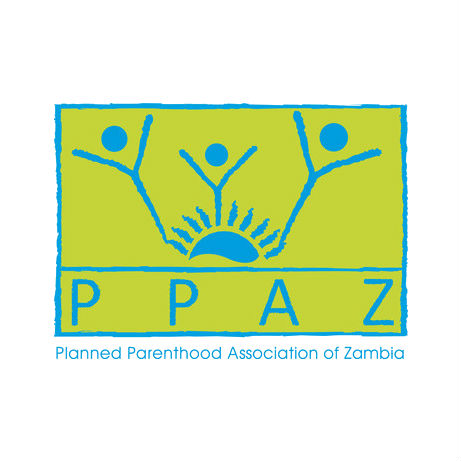

| 19 January 2024
Gestos - Brazil
Gestos is a philanthropic organization founded in 1993 by sociologist Acioli Neto, journalist Alessandra Nilo, sociologist Márcia Andrade and social worker Silvia Dantas. The first project developed was supported by MISEREOR and focused on psychological care for people living with AIDS, as well as the training of information multipliers in the poorest communities of the Metropolitan Region of Recife. Since then, they have effectively contributed to guaranteeing the human rights of people living with HIV and AIDS. About 70% of the people who have sought legal support from the institution have had their rights redressed, through precautionary measures and sentences, which today are even part of the list of jurisprudence on the subject of Law and AIDS. Throughout its history, the organization has considered communication as fundamental in the fight against AIDS and has fought to expand this understanding in Pernambuco, Brazil and Latin America. This vision has consolidated Gestos as an important reference in Communication and AIDS in the country, with special emphasis on discussions on Public Policies on Health Communication. They also help to form new civil society organizations, such as the National Network of People Living with HIV/AIDS (RNPVHA - 1995), the Positive Work Group - GTP+ (2000), the Group of Positive Actions (2003), the Group of Support to HIV Positive People (GASP) 2003, Acts of Citizenship (2006). From 2007 to 2011, Gestos created and coordinated the UNGASS-AIDS Forum on Sexual and Reproductive Health, where it oversaw the implementation of agreements signed at the UN in sixteen developing countries. The UNGASS-AIDS Forum has established itself as a space for political debate on issues related to HIV and AIDS and sexual and reproductive health and rights. They are also a consultative NGO at the UN, with ECOSOC status since 2017. Instagram Twitter

| 31 March 2016
Planned Parenthood Association of Zambia
The Planned Parenthood Association of Zambia (PPAZ) was created in 1972. Then, it was dedicated to the promotion of family planning services. Over the years, it has evolved into a major service provider and advocacy body, with significant input into government policy on sexual and reproductive health (SRH) issues. Services offered include family planning, voluntary counselling and testing (VCT) for HIV, the treatment of sexually transmitted infections (STIs), antenatal and post-natal care, emergency contraceptive provision, laboratory tests, and screening. PPAZ refers clients on for additional services including prevention of mother-to-child transmission (PMTCT), antiretroviral treatment and home-based care. The organization operates 3 static clinics, 11 mobile units and 10 community-based services (CBSs). It has a full-time staff of 34, backed by 1,300 volunteers which include over 200 community-based distributors (CBDs) and 398 peer educators. In total, PPAZ runs 229 service points. PPAZ places a strong emphasis on HIV and AIDS prevention and treatment: as the statistics show, HIV prevalence rates are exceptionally high in Zambia. PPAZ has worked intensively on integrating gender and empowerment perspectives into HIV prevention. It has undertaken behaviour change communication projects directed at young people, both in and out of school settings, and it’s taken similar projects out to rural communities. PPAZ partners extensively with non-governmental organizations (NGOs), particularly those involved in youth and HIV and AIDS work. It receives financial support from Care international, UNICEF, the Japanese Organisation for Cooperation in Family Planning (JOICEP), Forum RFSU and IPPF’s Japan Trust Fund.







